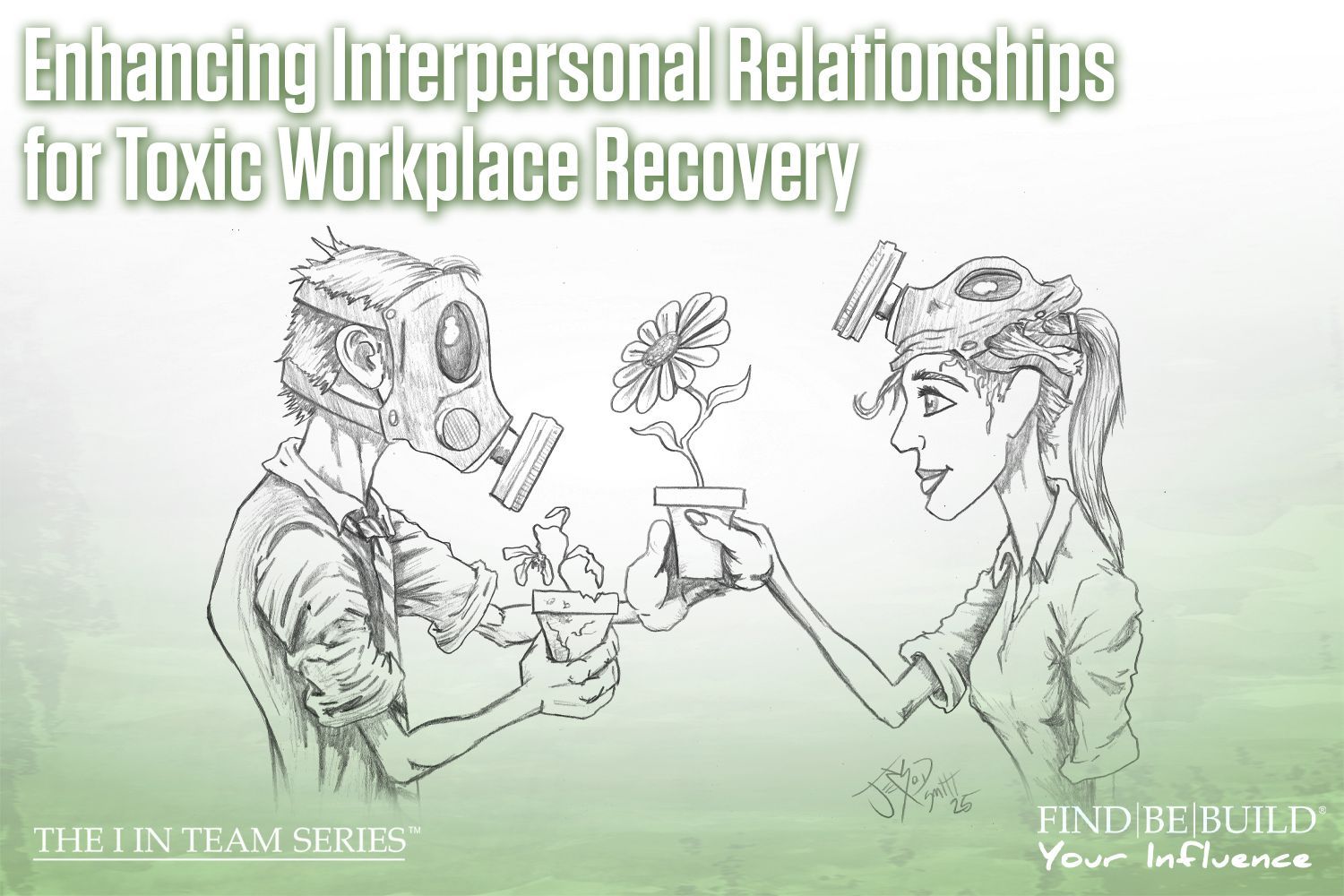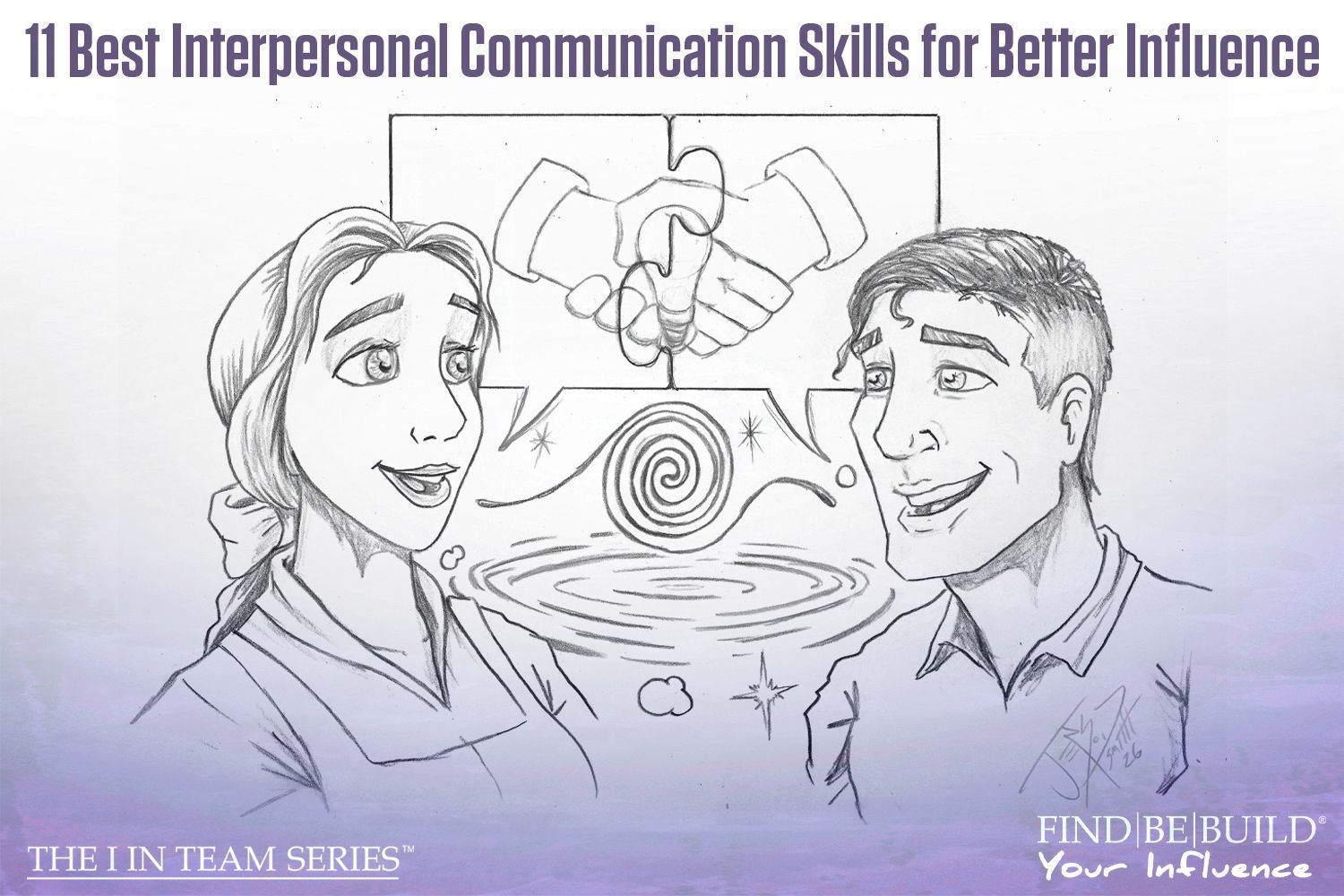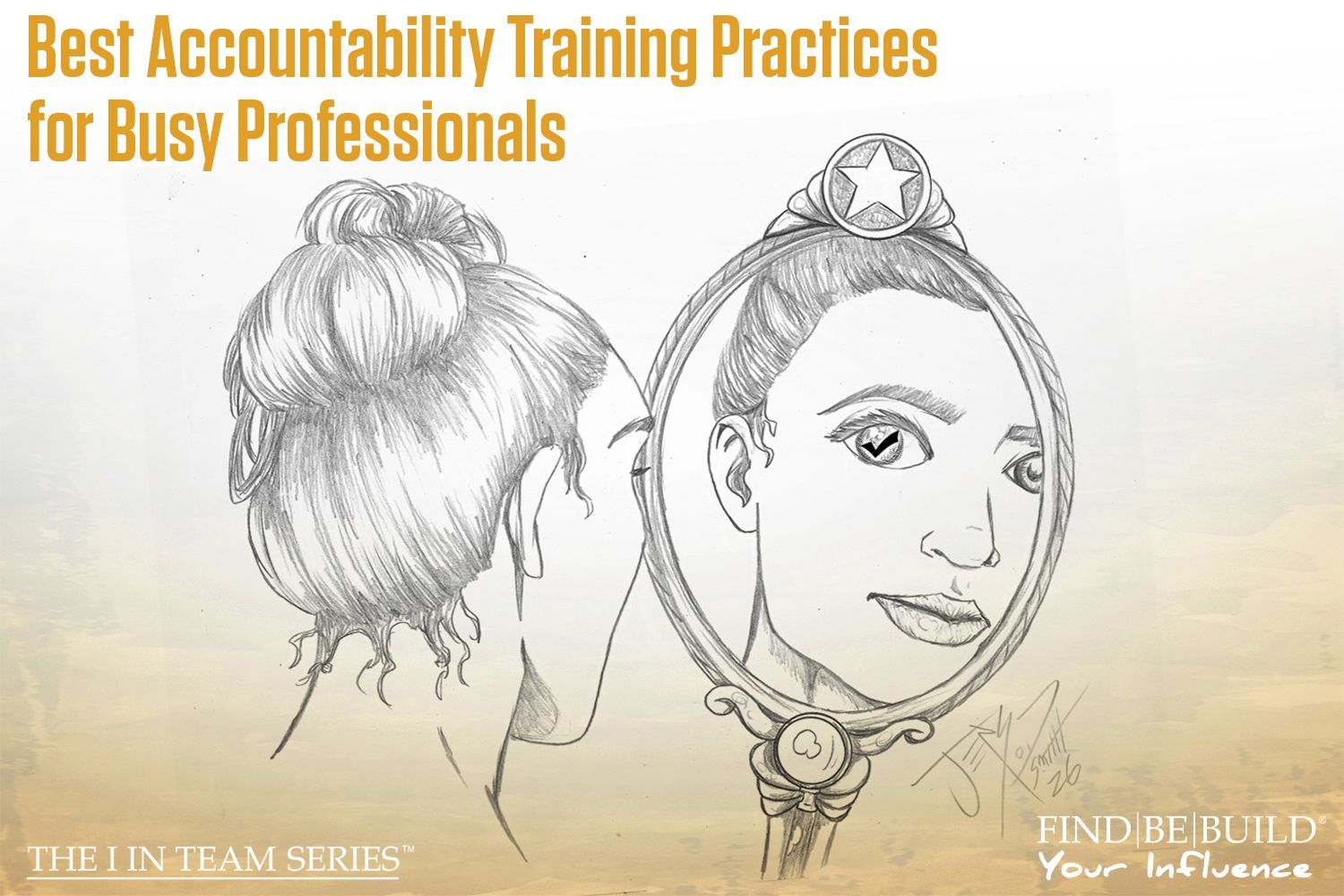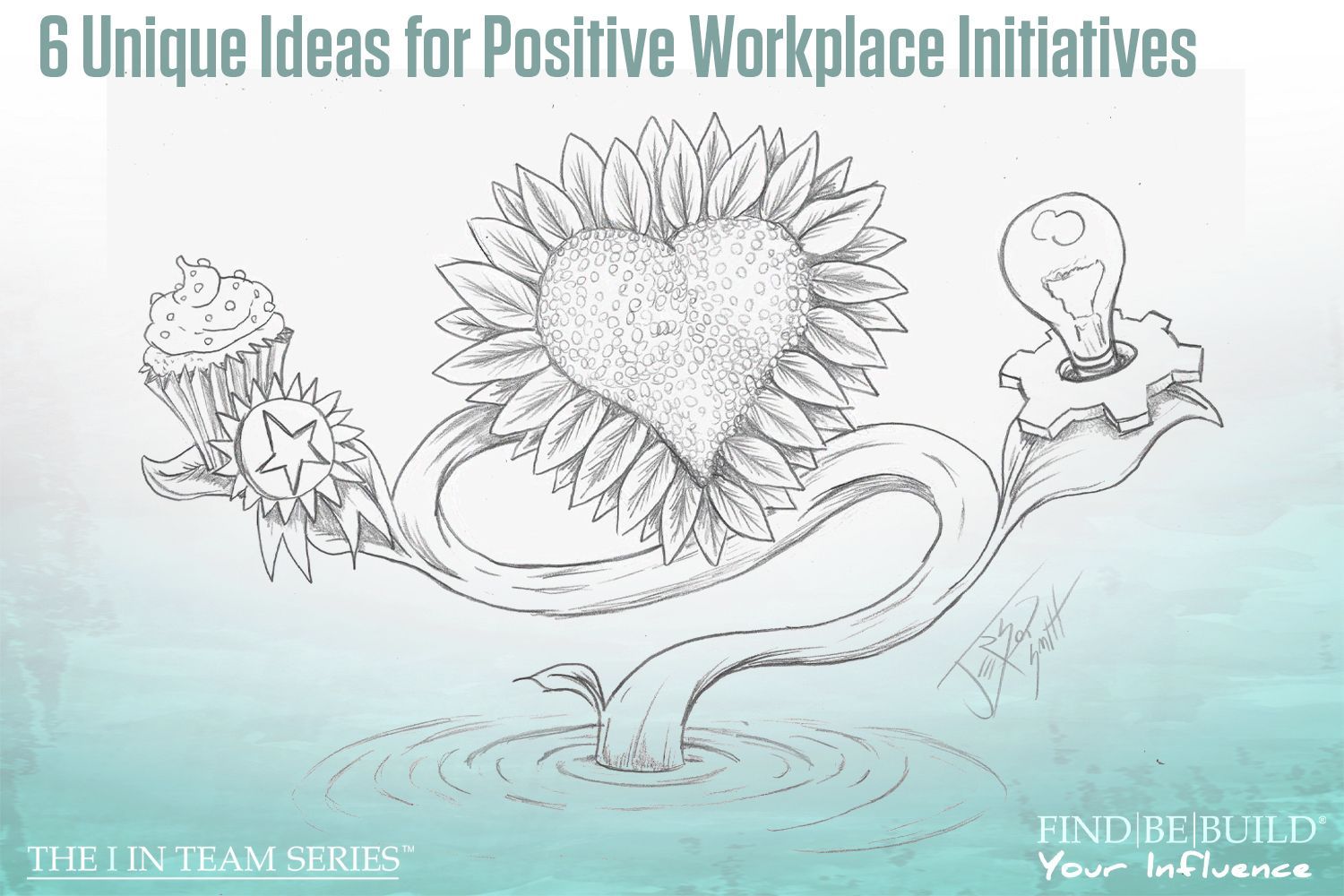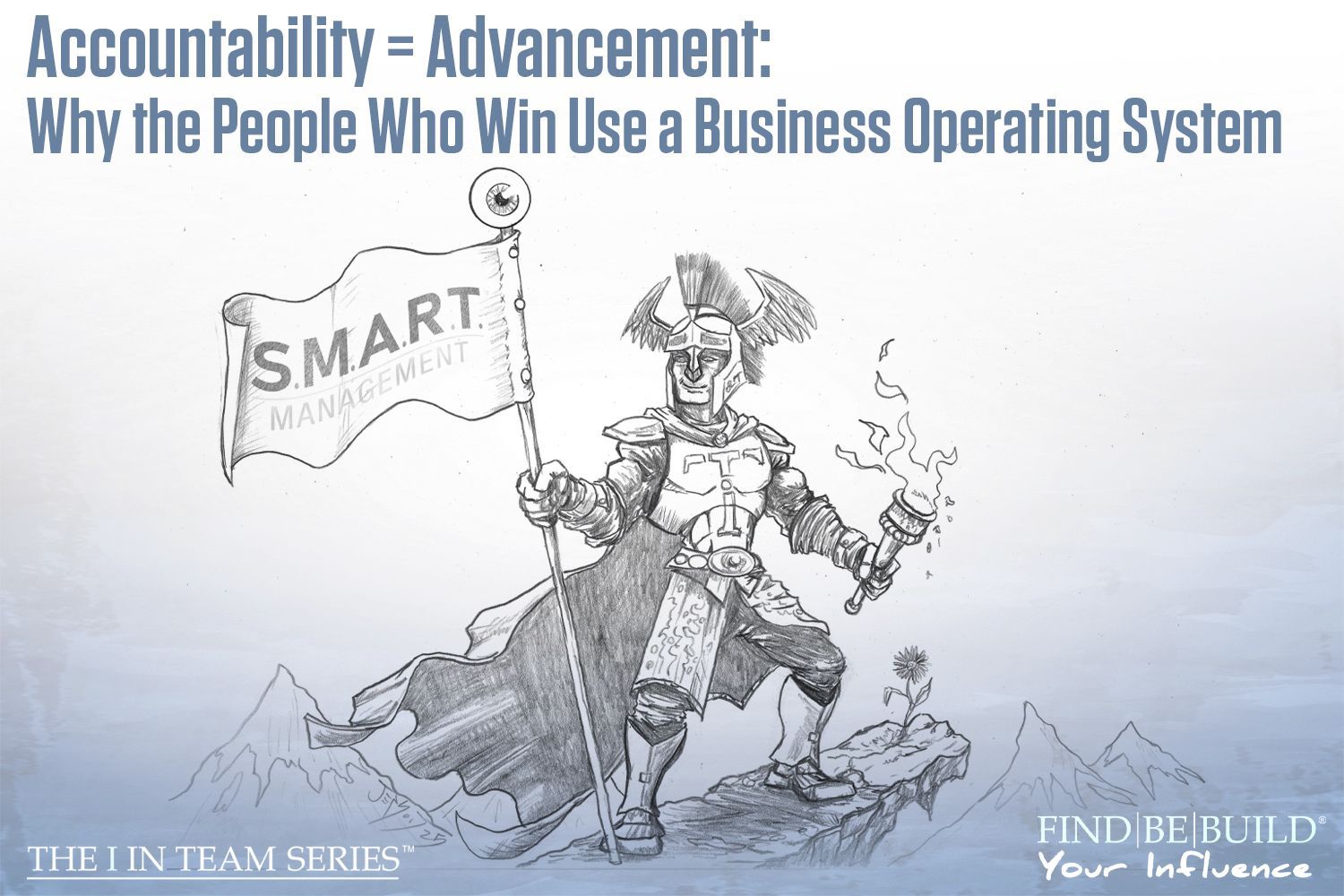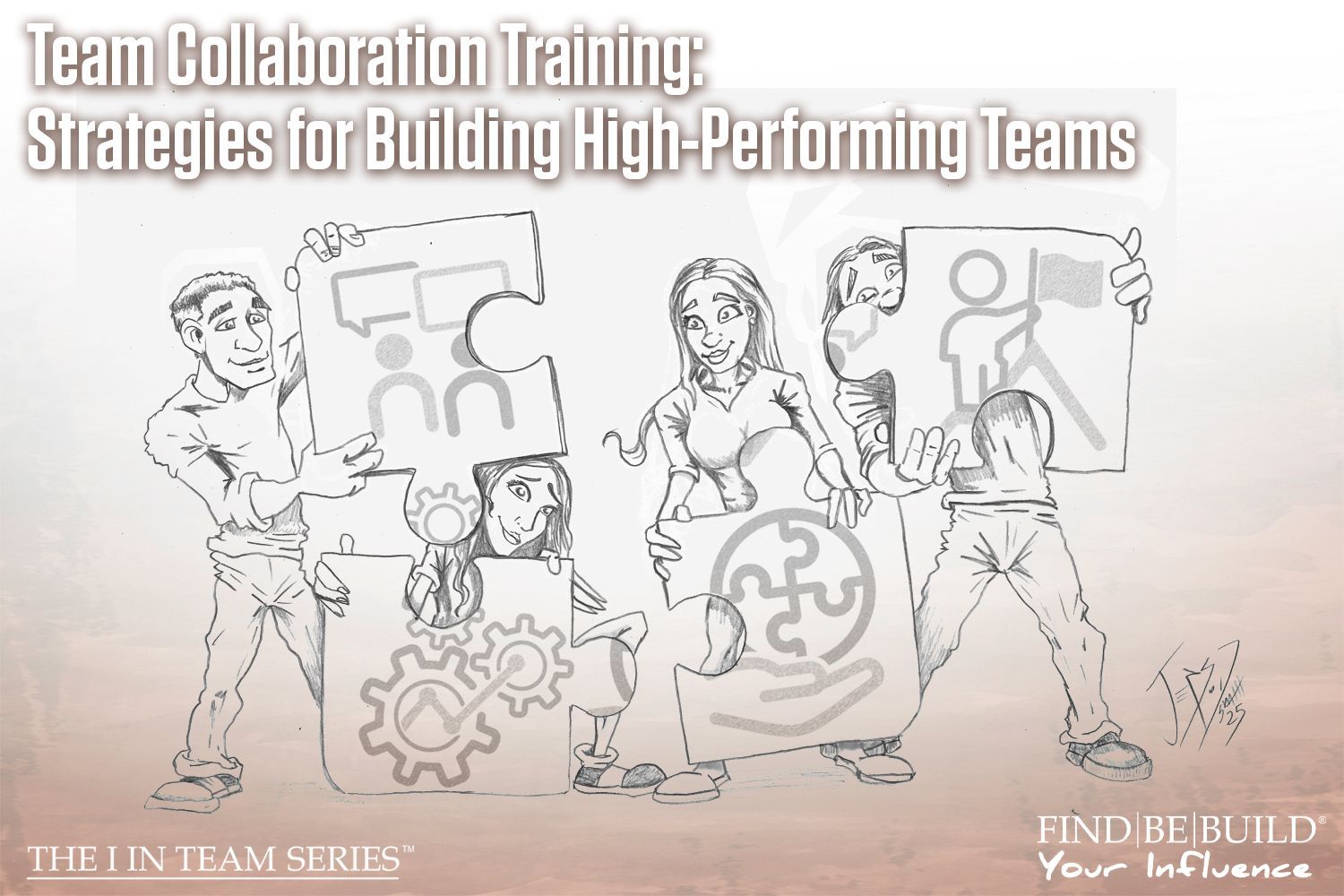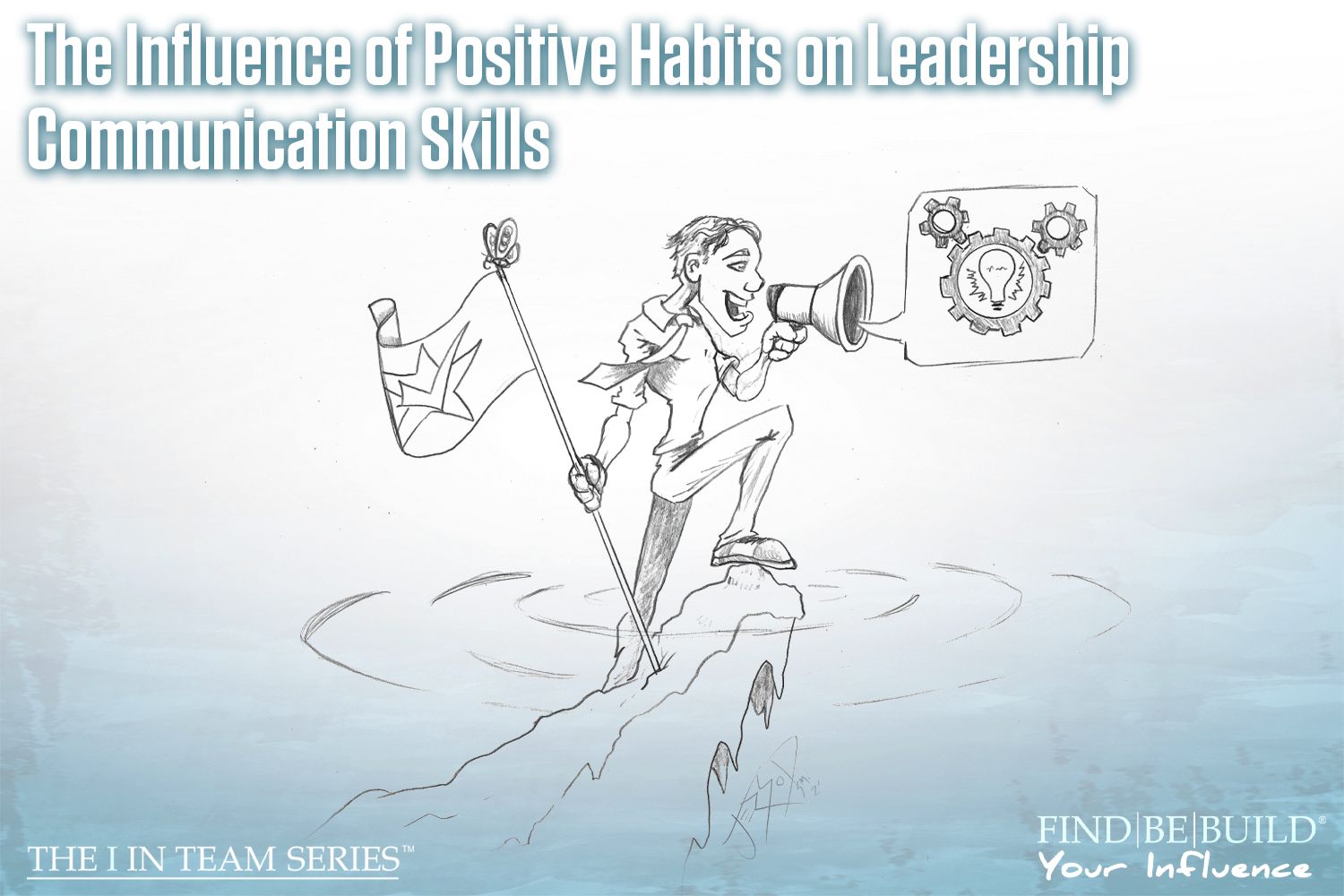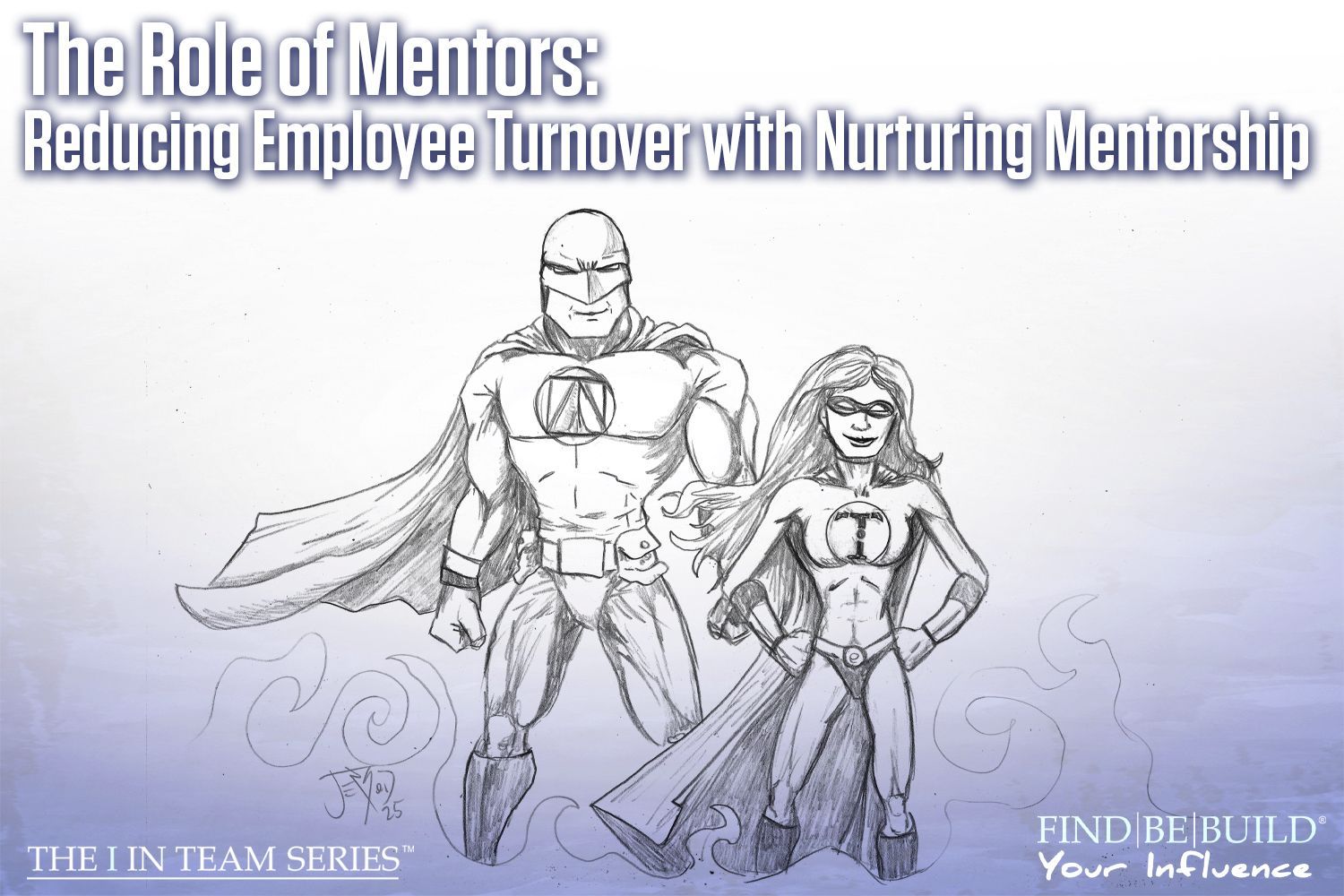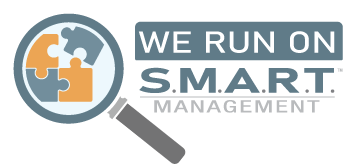Dealing with Difficult People at Work
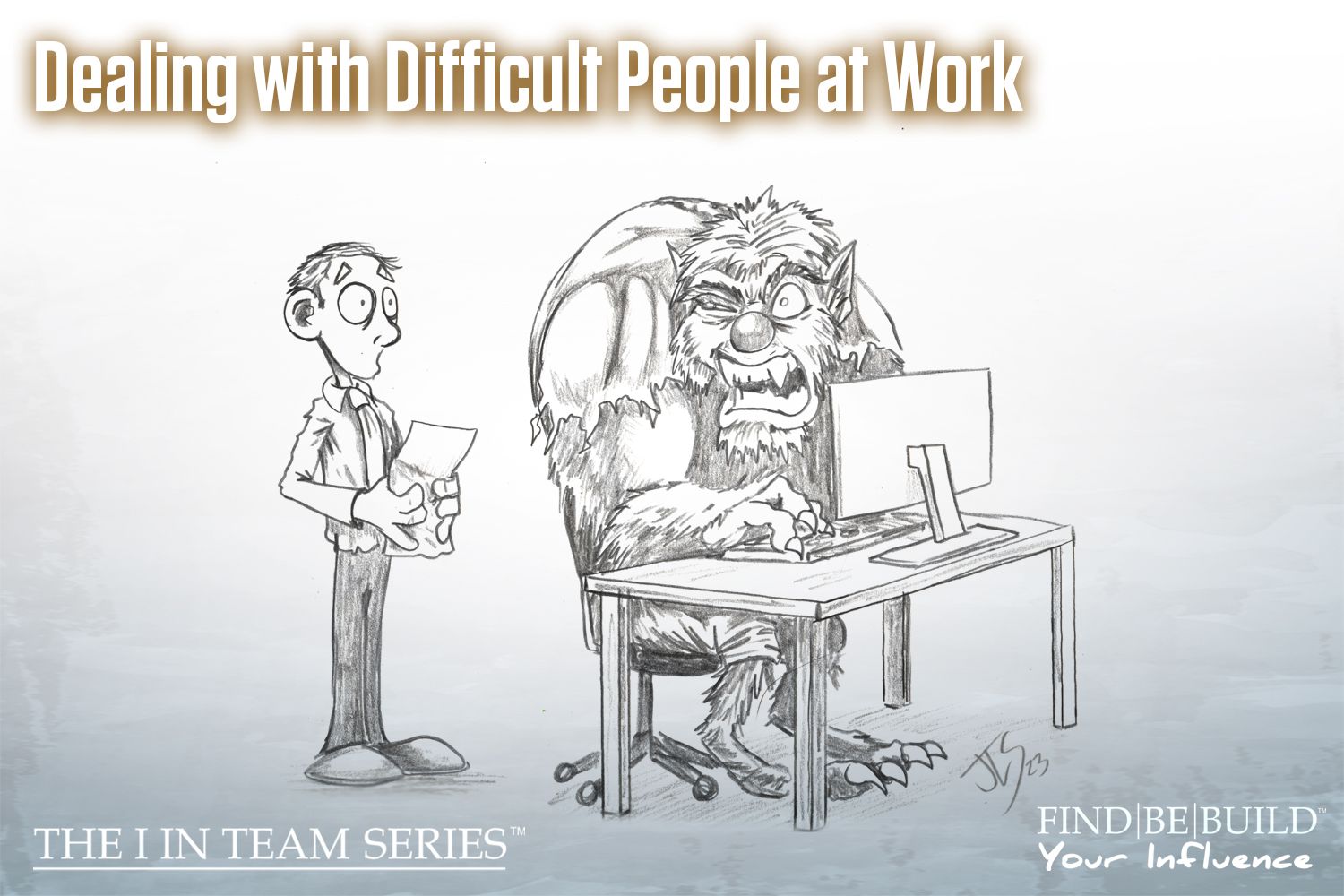
Dealing with difficult coworkers
Dealing with difficult people isn’t always easy, but it’s important to remember that they are people who deserve your kindness and compassion.
Hi, team! It’s your friend, Mary, with the “I” in Team series where you can find, be, and build your positive influence. From time to time, we all have to deal with difficult people at work (and in all areas of life). It’s just something we have to get used to. However, we don’t have to let toxic, negative, or unaware people get us down. While it may be tempting to reflect their negativity back to them, this never helps. In fact, toxic or difficult people can plummet morale and affect cultural wellbeing. By joining in, you add to the negativity and leave the instigator feeling like a victim (as people who are unaware or unwilling to confront their toxic behavior often see themselves as victims). It might sound bleak, but trust me, this is a great opportunity for you to grow! Here are some tips for dealing with difficult people at work.
Understand the Types
First, it’s important to understand that there will be difficult people who go into one of two primary categories: Those who are aware of their behavior and do it on purpose, and those who are unaware. Unfortunately, it can be difficult to tell if someone is being manipulative or ignorant because those behaviors can often come across in similar ways at times. When confronted with their behavior or ignored, toxic people respond with anger, denial, or even retaliation. But this doesn’t mean that everyone will respond this way! Sometimes, if people are unaware, they simply need a gentle nudge to understand how their behavior affects others to open themselves up to taking accountability and choosing the opportunity for growth that is presented to them. These people are not truly “toxic people” in that they wish to grow.
Second, psychology professor and personality researcher Joshua D Miller, Ph.D. has studied and identified seven traits that are characteristic of difficult people. Please note that we may all exhibit some of these traits at one point or another in our lives but that doesn’t make us bad people. These seven traits are: Callousness, grandiosity, aggressiveness, suspicion, manipulativeness, dominance, and risk-taking. Dr. Miller even created this educational-only quiz to help people understand how difficult they may be, based on findings from his research. You can find that quiz (for fun) here.
Stay Kind
The most important thing to do when dealing with difficult people is to remain kind. Don’t stoop to their level or lose awareness of your emotions. While it can be easy to retaliate and meet their toxic behavior, this never helps the situation. Remember, difficult people are still people and are worthy of kindness, compassion, and empathy. Stay above the situation and take the high road, avoiding actions you might regret. If you need to take a break and walk away, there is nothing wrong with that. Regrouping and centering yourself when dealing with difficult people demonstrates healthy behavior to everyone and influences others to take the high road, too. If you would like to learn more about kindness and composure, read Chapter 1 of Positive Influence: Be the I in Team.
Establish Boundaries
There are some people who may interpret being kind and having compassion and empathy as being weak. However, I believe these are some of the strongest and most meaningful characteristics that you can exhibit in the face of adversity. Unfortunately, there will be times when you will need to stick up for yourself or others and not let bullies run rampant. Establishing boundaries and putting yourself first is of the utmost importance. When you take care of yourself, you can be your best self. When you are your best self, you perform at your best for your position and your team. Dealing with difficult people can be made much easier by establishing boundaries (what you will and will not tolerate).
Don’t Let Them Get You Down
It can be easy to let toxic behavior affect you negatively, especially if you take it personally. Don’t absorb the negativity that others are putting out and be on the lookout for any negative self-talk that can come into play when dealing with difficult people. Remind yourself that other people’s behavior is a reflection of them and not you. You have the right to be happy, and, in doing so, should remember your self-worth.
Bottom Line
Dealing with difficult people is not always easy, but it’s important to remember that they are people too. Some will take accountability for their actions when confronted with it, while others will claim the position of victim. Take the high road and stay true to your positive growth. Stick up for yourself and others, when needed, but do so with mindfulness. Don’t let their negativity follow you around the office or home by not taking what they say or do personally. If all else fails, ask someone you trust to help you come up with a better solution.
